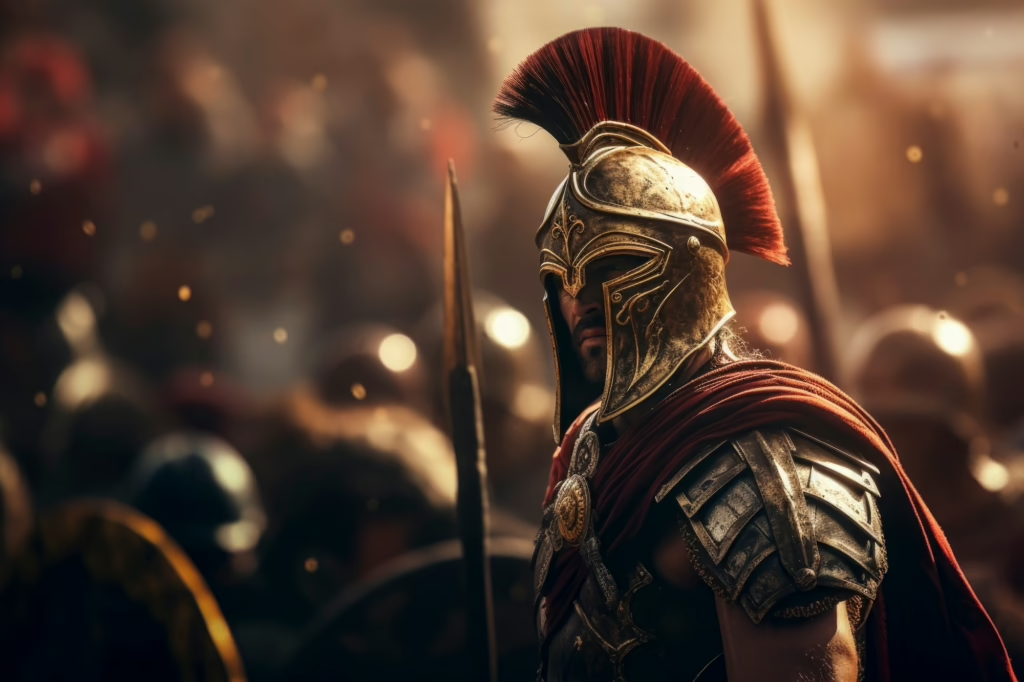The Legend of Ulysses: A Classical Hero Across Time
The character of Ulysses (Greek: Odysseus) is one of the most enduring and complex figures in Western literature. He has been immortalized in classical epics and reimagined across centuries. His legend is deeply rooted in the narratives of the Trojan War, and later philosophical and moral interpretations by poets such as Homer, Dante Alighieri, and Alfred Lord Tennyson. Each representation of Ulysses adds layers to his persona—transforming him from a war hero to an insatiable seeker of knowledge, and finally into a symbol of human aspiration.
Homer’s Ulysses: The Wily Hero of the Trojan War
The earliest and most foundational portrayal of Ulysses appears in the epics of Homer—The Iliad and The Odyssey, both composed around the 8th century BCE.
In The Iliad, Ulysses is one of the Greek leaders who wages war against the city of Troy. The war, which lasted for ten years, was sparked by the abduction of Helen by the Trojan prince Paris. Ulysses is not only a fierce warrior but also a brilliant strategist. It is he who devises the plan of the Trojan Horse, a deceptive tactic that ultimately leads to the fall of Troy.
However, it is in The Odyssey that Ulysses truly becomes a literary legend. After the Greeks’ victory, Ulysses embarks on a ten-year journey to return to his homeland, Ithaca. Along the way, he faces mythical challenges: the Cyclops Polyphemus, the sorceress Circe, the deadly Sirens, and the whirlpool Charybdis, among others. Despite temptations and tragedies, Ulysses remains resolute in his desire to return to his wife Penelope and son Telemachus.
Key Traits in Homer’s Ulysses:
- Resourceful and clever (often called “wily Odysseus”)
- Deeply human: flawed, emotional, and occasionally deceptive
- Loyal to his home and family
- Endures suffering but overcomes it with determination
In Homer’s world, Ulysses is ultimately a hero who completes his journey, reclaims his throne, and restores order.
Dante’s Ulysses: The Condemned Seeker of Forbidden Knowledge
Centuries later, during the early 14th century, Dante Alighieri reimagined Ulysses in The Divine Comedy, specifically in Inferno, Canto XXVI. Here, Ulysses is cast into the Eighth Circle of Hell, reserved for fraudulent counselors. Dante’s reinterpretation takes a bold creative turn by inventing a new ending to Ulysses’ life.
Rather than staying in Ithaca and living out his days as a king, Dante’s Ulysses is driven by an unquenchable desire for knowledge and experience. He gives an impassioned speech to his crew, urging them to embark on one final voyage beyond the boundaries of the known world. His famous exhortation is:
“Consider your origins: you were not made to live like brutes,
but to pursue virtue and knowledge.”
Disobeying divine limits and abandoning his domestic duties, he sails past the Pillars of Hercules (the edge of the known world) and ultimately meets his doom in a storm, his ship sinking as punishment for his overambitious quest.
Key Traits in Dante’s Ulysses:
- Ambitious to a fault
- Disregards moral and divine boundaries
- A tragic symbol of intellectual pride and restlessness
- Condemned for misleading others with persuasive rhetoric
Through Dante, Ulysses becomes a cautionary figure: a man who sacrifices moral responsibility in the pursuit of glory and discovery.

Tennyson’s Ulysses: The Modern, Existential Hero
In the 19th century, Alfred Lord Tennyson revisits the character of Ulysses in his dramatic monologue “Ulysses” (published in 1842). Tennyson was inspired by both Homer and Dante, blending their portrayals into a new, psychological version of the character.
In this poem, Ulysses speaks directly to the audience. Now an aging king in Ithaca, he finds himself discontented with a life of domestic stability and idle rule. Though his son Telemachus is capable of ruling, Ulysses yearns for the thrill of adventure, the pursuit of knowledge, and the tests of endurance that once defined his identity. He refuses to be “idle as a king,” feeling a sense of uselessness despite his achievements.
He dreams of setting sail once more, perhaps toward death, but more importantly toward self-discovery and the unknown:
“To strive, to seek, to find, and not to yield.”
This line, echoing Dante’s rebellious spirit, affirms human resilience and defiance in the face of aging, decay, and the inevitability of death.
Key Traits in Tennyson’s Ulysses:
- Restless and introspective
- A symbol of the eternal human quest for purpose
- Neither fully heroic nor tragic, but deeply noble
- Embodies the Victorian spirit of progress and exploration
Conclusion:
Ulysses is a multifaceted figure, evolving from a Homeric hero of war and homecoming, to a Dantean transgressor, and finally to Tennyson’s reflective, idealistic voyager.
- In Homer, he is the victorious yet humbled wanderer returning home from the Trojan War, symbolizing perseverance and wisdom.
- In Dante, he is a brilliant but damned soul, punished for his reckless ambition.
- In Tennyson, he becomes the poetic voice of the modern soul, forever seeking meaning in a world that offers comfort but not fulfillment.
Thus, Tennyson’s “Ulysses” is more than a retelling—it is a powerful meditation on aging, legacy, and the enduring spirit of adventure that connects humanity across time.


